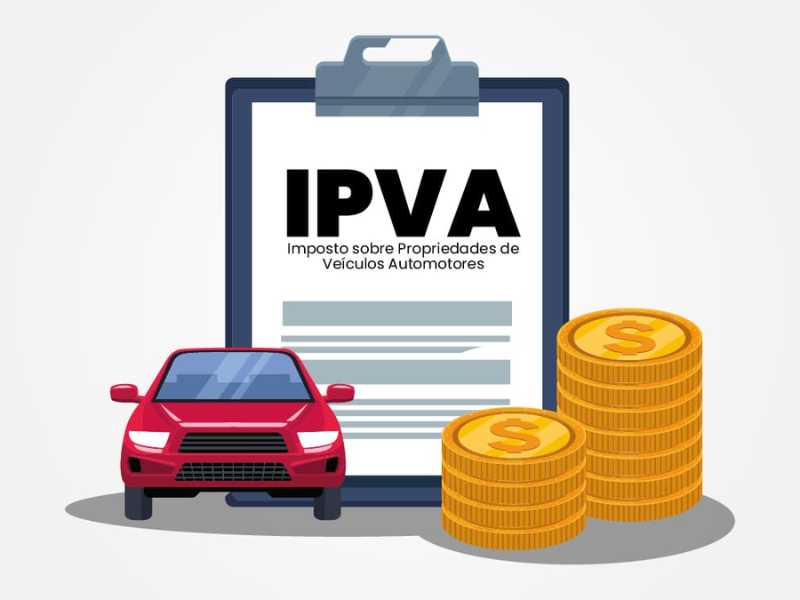Many people want to explore the world. But how do you combine the dream of ...


Many people want to explore the world. But how do you combine the dream of ...

Nowadays, everyone wants to be more efficient. This article is for those who want to make ...

Exploring culinary secrets is like discovering a new world in your home cooking. No ...

The beginning of each year in Brazil brings with it an important concern for homeowners ...